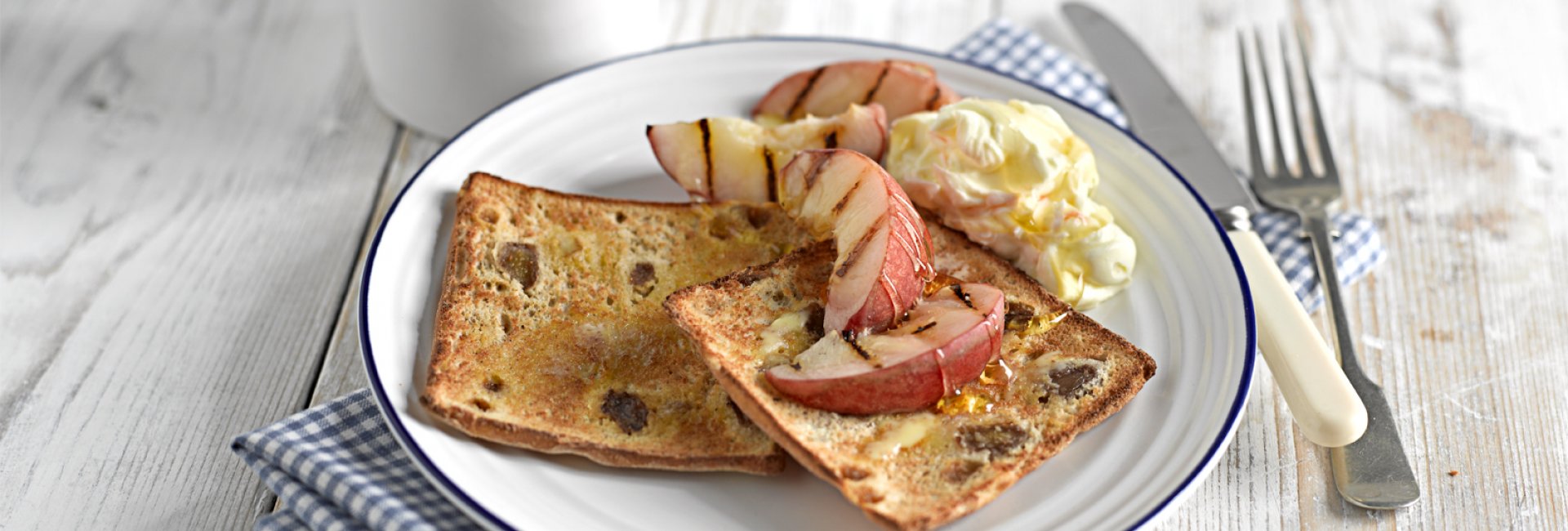There are many reasons people choose to follow a gluten free diet, whether it be due to conditions such as coeliac disease, gluten sensitivity, wheat allergy, Irritable Bowel Syndrome or for dietary reasons.
Coeliac disease is an autoimmune condition where the body attacks itself when gluten, a protein found in wheat, barley and rye, is ingested. The only treatment is to follow a strict lifelong gluten free diet.
Many people with coeliac disease are lactose intolerant too – see our coeliac disease FAQ for more information.
Other reasons to cut out wheat and gluten
Gluten sensitivity symptoms tend to come on more slowly than an allergic reaction, and are long lasting and usually involve the digestive tract. Gluten sensitivity can vary in severity and can cause similar symptoms to coeliac disease, but without the damage to the small intestine.
A wheat allergy is a serious reaction that happens quite quickly after ingesting anything that contains wheat. It can trigger classic allergic reaction symptoms such as a rash, itching and wheezing. Even a tiny trace of wheat can cause a reaction in sufferers.
Irritable Bowel Syndrome, or IBS, is a common functional disorder of the digestive system. It can cause similar symptoms to coeliac disease such as bloating, abdominal cramps and diarrhoea. Symptoms vary between individuals and often occur during times of stress or after eating a particular food. Common trigger foods are dairy, wheat, and spicy food, but it varies for each individual.
Eating healthily when gluten free
Many gluten free products contain less fibre than you may be used to, so it's important to make sure you're getting enough fibre if you're newly diagnosed – 30g is the recommended daily intake. Try high fibre foods such as beans, lentils and dried fruit, or look for gluten free bread which contains a good source of fibre.
Other nutrients to check for include calcium and iron – many people with coeliac disease are deficient in these minerals, but they are vital to your general health. Our gluten free loaves are fortified to be high in calcium, but these should also be part of a healthy and balanced diet.
What to do if you accidentally eat gluten
Unfortunately, it's bound to happen from time to time – so it's really useful to know what remedies can help with symptoms should you eat gluten by accident. Here are some tips that a number of gluten free customers have shared with us:
- Peppermint tea for abdominal cramps
- Ginger tea for nausea
- Rest
- Mild, plain, non-spicy foods
- Plenty of water – if diarrhoea is a symptom
Consult your GP with any concerns.
Things to consider when following a gluten free diet
Fortunately gluten free products are now widely available so with care, attention and a willingness to try new things, living gluten free can mean you enjoy great tasting food every day. You can check out our collection of delicious gluten free recipes for some fresh inspiration.
However, there are certain situations where it is advisable to take extra care and precautions:
- Food on the go and eating out gluten free
- Travelling gluten free
- Barbecues, buffets and parties where cross contamination is a risk
- If you have children with coeliac disease
It's important to avoid cross contamination, particularly if you eat or cook with others – we have provided some tips on our coeliac disease FAQs, which will also help provide tips for your family and friends if they are cooking for you.
Find out more – and have your say
Attending free from events and reading lots of gluten free blogs is a great way to find out what products are available, and pick up helpful tips. At Warburtons Gluten Free, we're always open to ideas and feedback to help make our products better, so please tell us what you think on our product, blog or recipe pages, or get in touch on our social media pages.


